Rideshare Accident Law
Legal Help for Rideshare Accident Victims
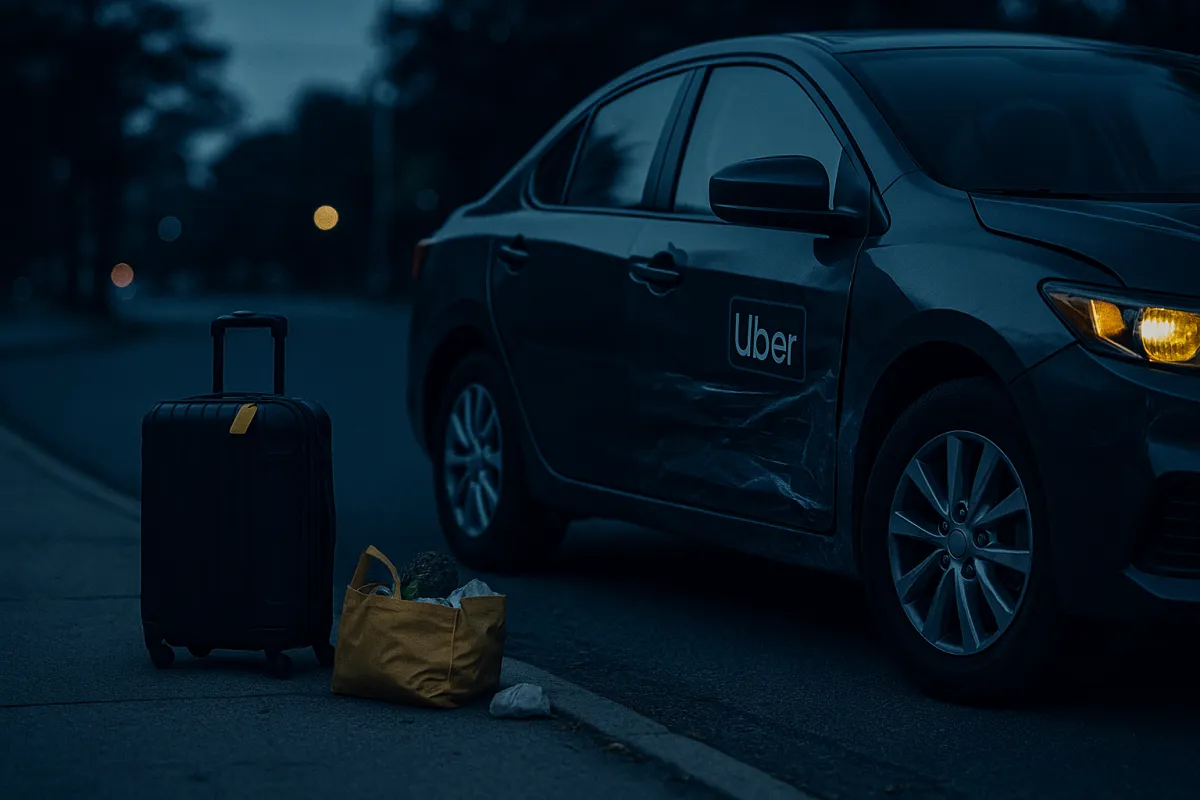
Schedule a Free Consultation

MEET St. LouiS Personal Injury LAWYER
Alvin Wolff, J.D.
Alvin A. Wolff, Jr. is a distinguished St. Louis personal injury attorney with 46 years of experience handling more than 7,500 personal injury and medical malpractice cases, securing hundreds of millions of dollars in compensation for clients.
Known as “The St. Louis Personal Injury Law Firm,” Alvin and his team have earned Wolff Trial Lawyers a reputation for relentless advocacy, compassionate client care, and results-driven representation.
Relentless Advocacy = Real Results
Real World, Down-to-Earth Advice = No Jargon, No B.S.
Family Legacy of 100+ years in Personal Injury and Medical Malpractice Law
🎙️ Listen: Distracted Driving & What To Do After a Crash
Insights from a St. Louis Car Accident Lawyer on Staying Safe & Protecting Your Rights
In this episode, Alvin Wolff shares real-world advice about distracted driving dangers, what to do immediately after a crash, and how a car accident attorney can help protect your health and future claim.
Frequently Asked Questions
Do I have a case?
Every situation is different. If you were injured because of someone else’s negligence — whether in a car accident, on unsafe property, or from medical errors — you may have a case. The best way to know is a free consultation. Speak with an attorney from Wolff Trial Lawyers for free today.
What should I do right after an accident or injury?
Get medical care immediately, even if you feel fine. Then, document everything — photos, records, and witness names — and talk to a lawyer before speaking with insurance companies.
How long do I have to file a claim?
In Missouri, the statute of limitations for most personal injury cases is five years, but medical malpractice cases may have a shorter deadline. It’s important to act quickly so you don’t lose your right to file.
Do I need a lawyer, or can I handle it myself?
Insurance companies often try to settle for less than you deserve. Having an experienced attorney on your side levels the playing field and usually leads to a stronger outcome.
How much is my case worth?
Case value depends on your medical bills, lost wages, long-term impact, how the injury affects your life, and your quality of legal representation. While no lawyer can guarantee an amount, we fight relentlessly to get you the maximum compensation possible.
Personal Injury Practice Areas
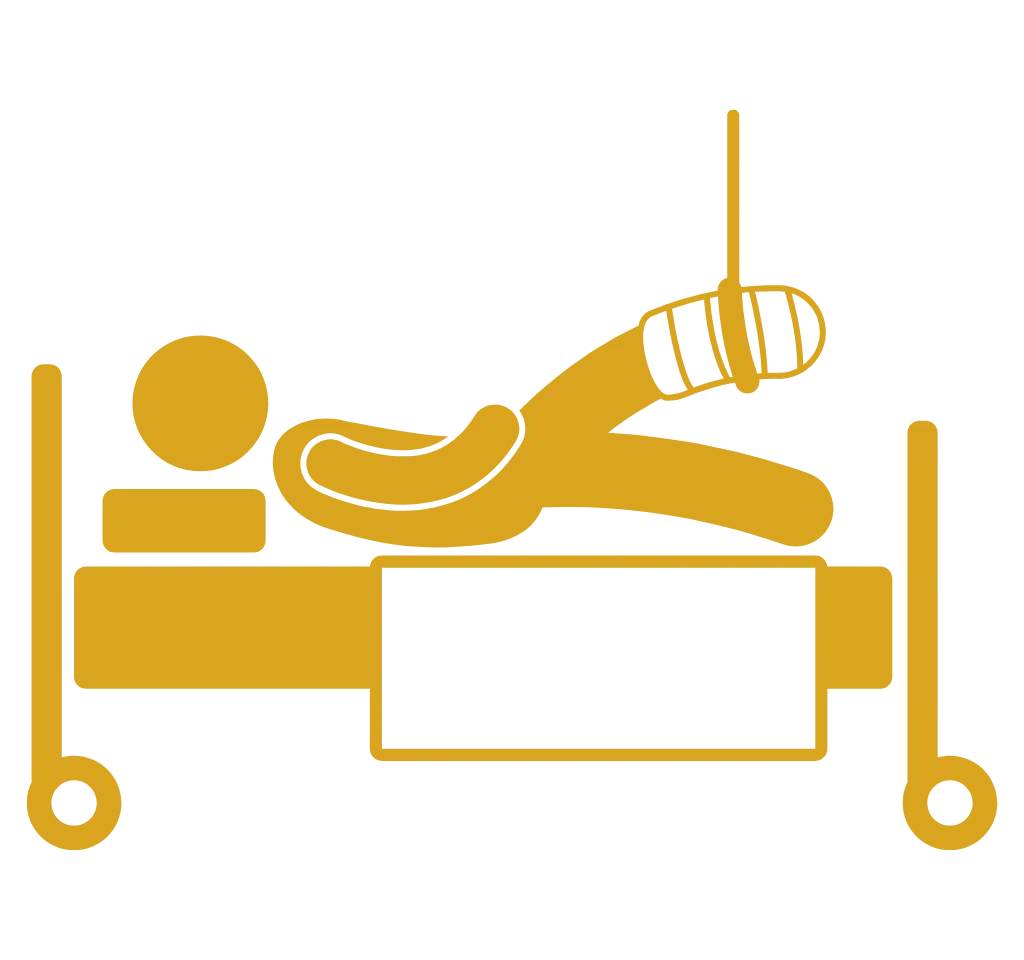
Personal
Injury
Our team pursues compensation for medical bills, lost wages, pain and suffering.
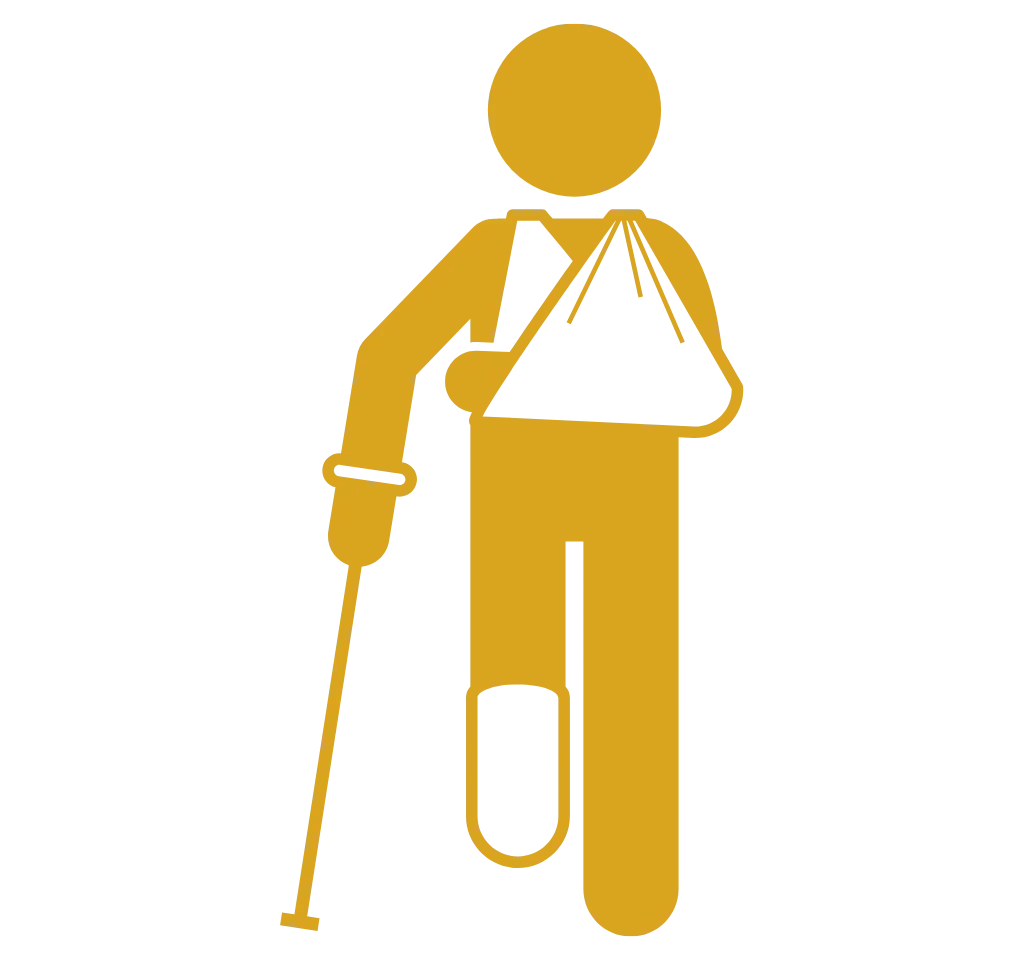
Worker's Compensation
We guide workers through claims for medical care, lost income, and disability benefits

Medical
Malpractice
When doctors or hospitals fail in their duty of care, we hold providers accountable.

Wrongful
Death
We provide compassionate support to families after the loss of a loved one.

Auto Accident
Need legal support after a car, truck or motorcycle crash? We secure your compensation.
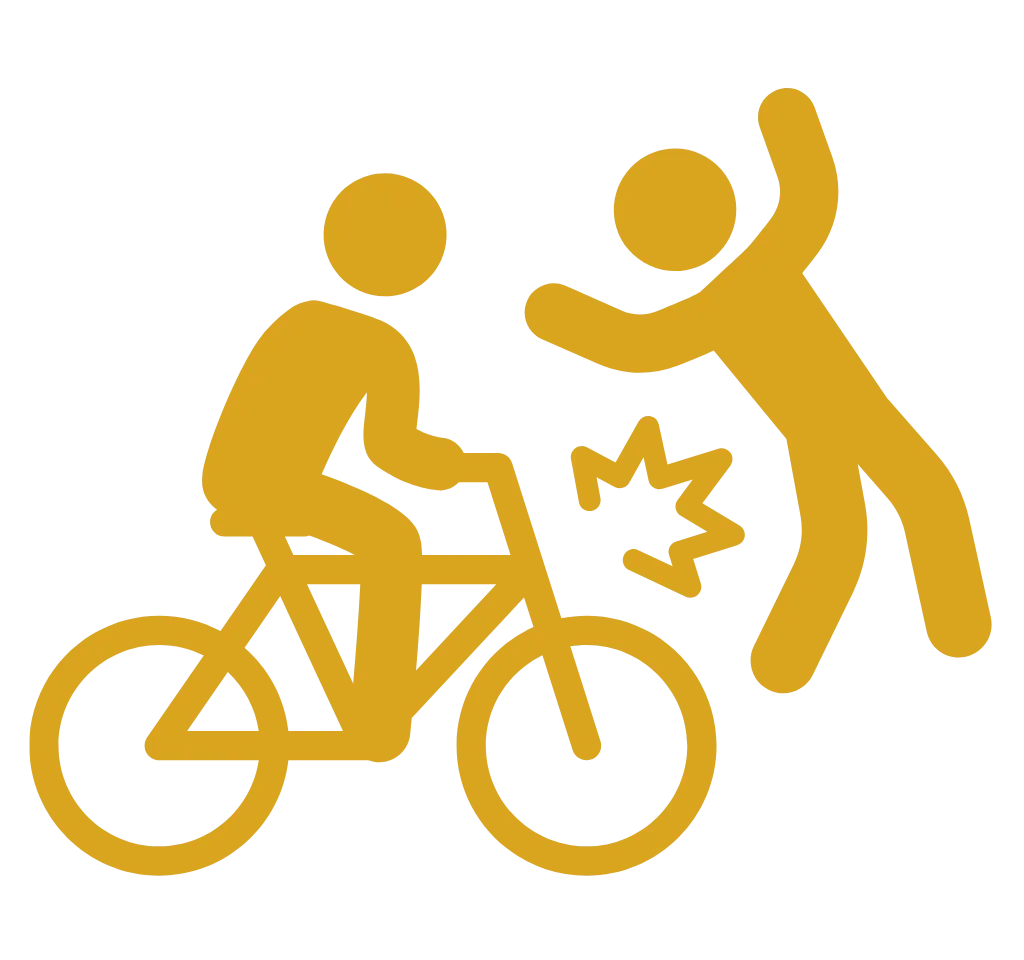
Bicycle Accident
We stand up for injured cyclists suffering collisions and unsafe road conditions.
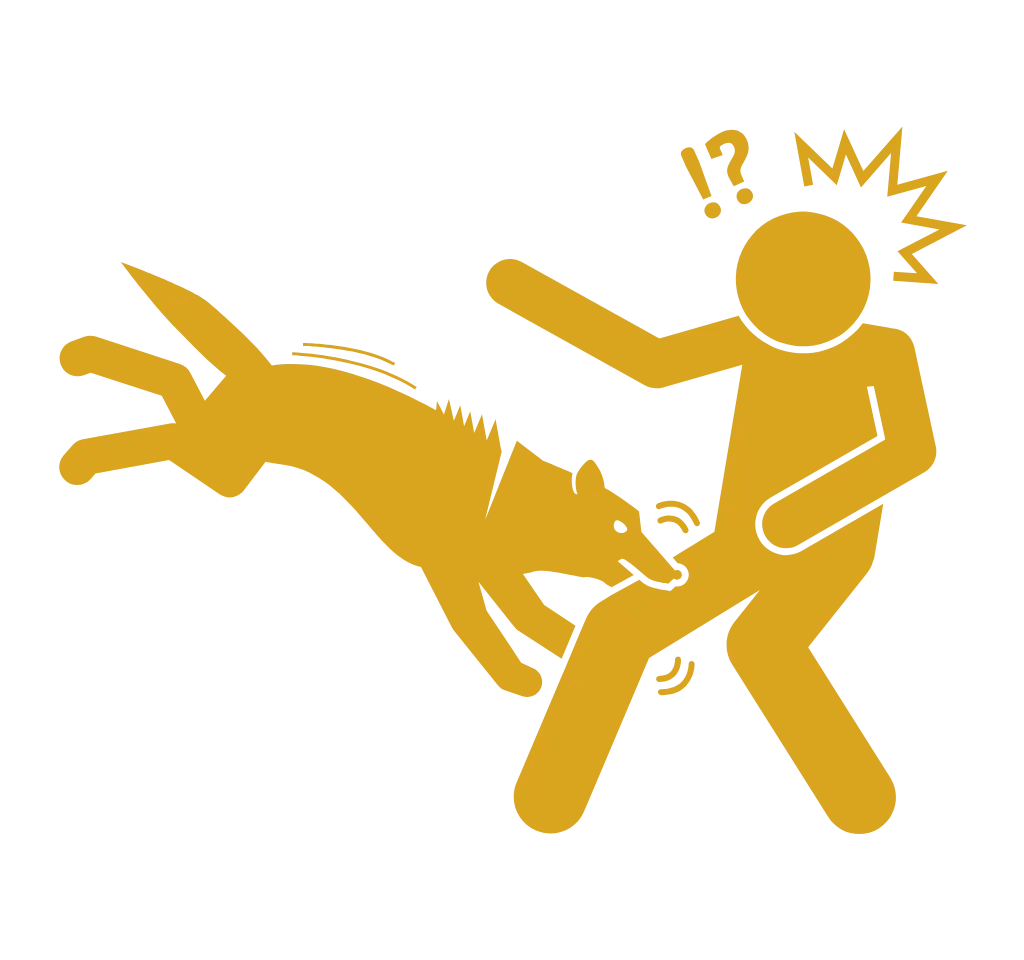
Dog Bite
We help victims of dog attacks, holding negligent owners responsible for serious injuries.
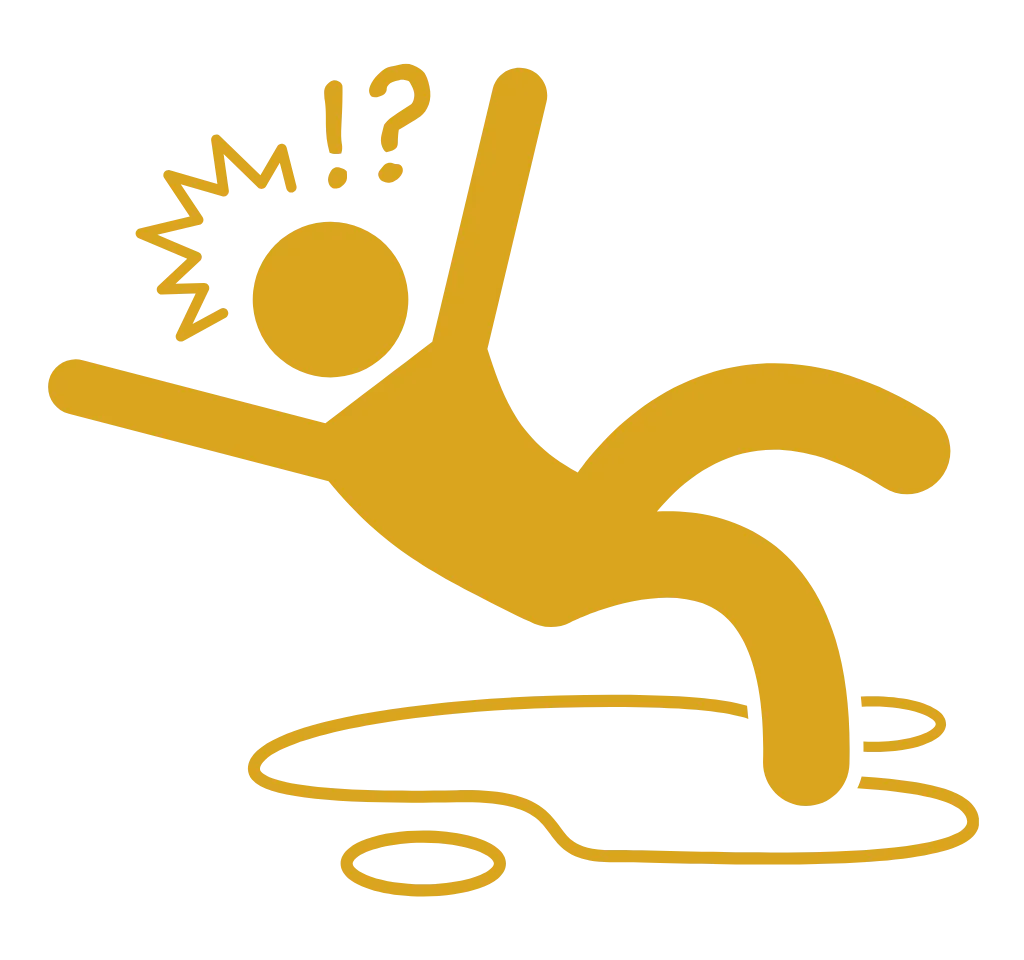
Premises Liability
We secure compensation for victims of unsafe property and slip-and-fall accidents..
Contact Us
Speak to An Attorney Today.
Important Disclosure:
The Missouri Bar requires a disclosure that contacting an attorney on this website does not constitute an attorney client relationship.
Legal advice is not given here and any past case results listed have no bearing on what your case might be worth. Every case rises and falls on its own particular merits.
COMPANY
CUSTOMER CARE
LEGAL
FOLLOW US

Copyright 2026. Wolff Trial Lawyers. All Rights Reserved.